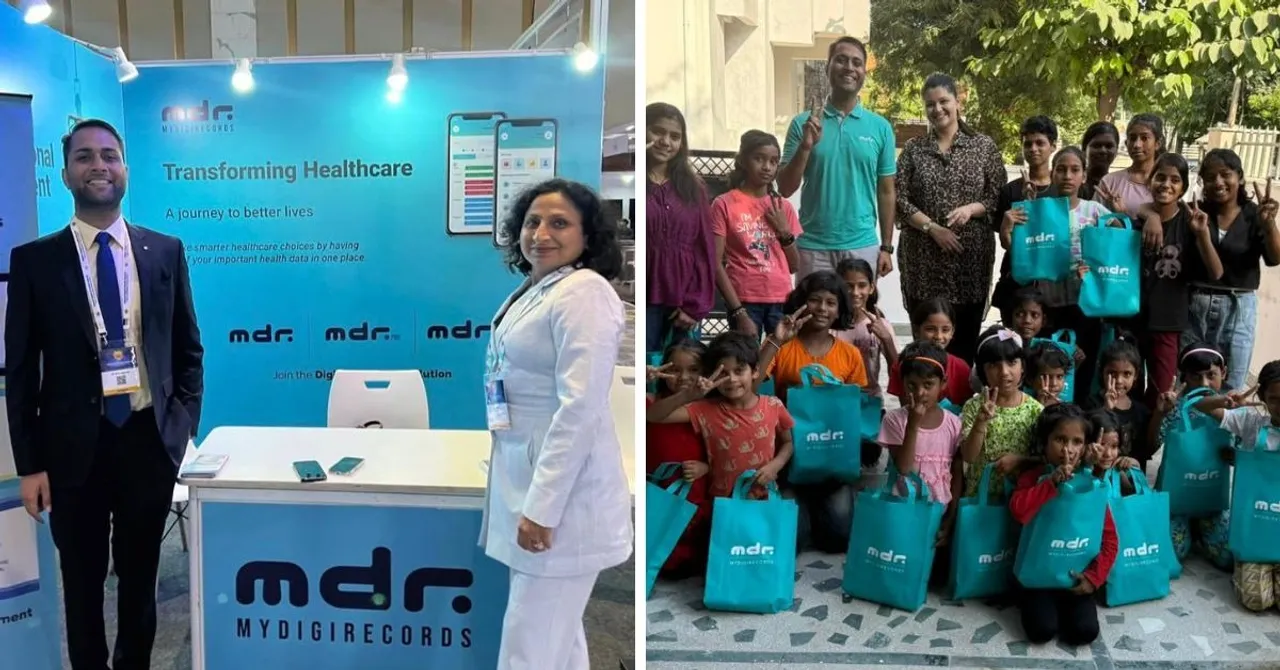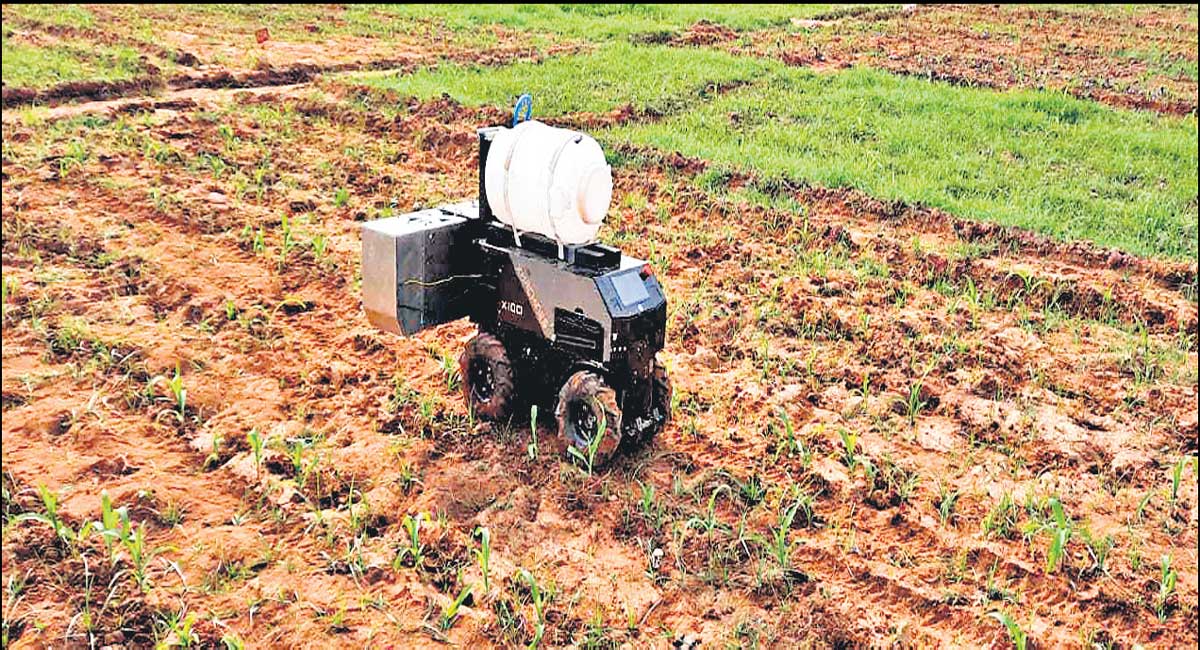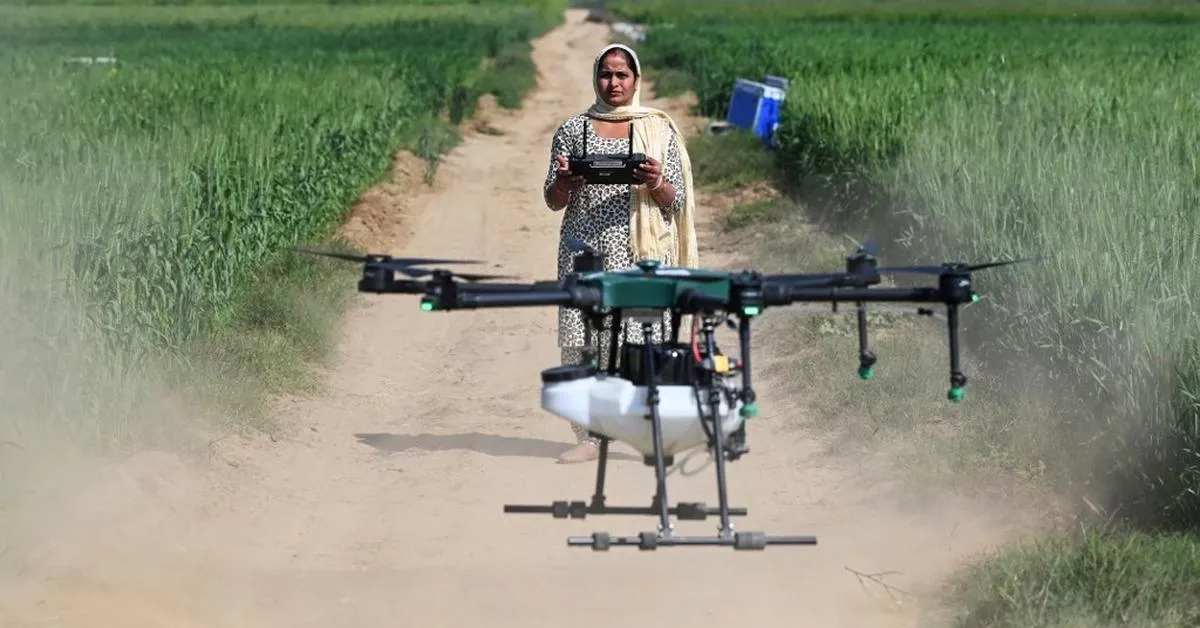Charting India’s AI Policy Landscape in Education: Foundations, Progress, and Challenges
India stands at a pivotal moment in harnessing artificial intelligence (AI) to transform its education system. The policy framework—anchored by the National Education Policy (NEP) 2020, digital learning initiatives, and evolving AI governance—reflects a commitment to equitable, technology-driven learning. However, the journey is marked by both significant advances and critical regulatory gaps, shaping the trajectory of AI adoption in Indian classrooms.
NEP 2020: Laying the Groundwork for AI-Integrated Learning
The National Education Policy (NEP) 2020 is India’s flagship blueprint for educational reform, explicitly advocating for the integration of AI and data analytics to personalize learning and enhance pedagogical outcomes. NEP 2020 emphasizes competency-based, adaptive education, calling for technology to address diverse learner needs and bridge regional disparities. For example, the policy encourages the use of AI-driven assessment tools to monitor student progress and tailor interventions, a move reflected in pilot programs across states like Karnataka and Maharashtra.
Dr. Anil Sahasrabudhe, former Chairman of the All India Council for Technical Education (AICTE), notes, “NEP 2020’s vision for AI is not just about digital access, but about creating adaptive, student-centric learning environments that can transform outcomes at scale.” The policy’s alignment with global best practices positions India to leapfrog traditional educational barriers through AI.
Digital Platforms: DIKSHA, PM eVidya, and the Rise of Adaptive EdTech
Government-backed digital platforms such as DIKSHA (Digital Infrastructure for Knowledge Sharing) and PM eVidya have become central to India’s AI-enabled education strategy. DIKSHA, for instance, serves over 200 million students and teachers, offering AI-powered features like personalized learning paths and automated assessments. These platforms are designed to support multilingual content and adaptive learning, in line with NEP 2020’s mandate for inclusivity.
A notable example is the integration of AI-based analytics within DIKSHA to identify learning gaps and recommend targeted resources, particularly during the COVID-19 pandemic when remote learning became essential.
IndiaAI Mission: Catalyzing Research, Innovation, and Collaboration
The IndiaAI Mission, spearheaded by the Ministry of Electronics and Information Technology (MeitY), represents a national effort to foster AI research, innovation, and sectoral adoption—including education. This mission funds collaborative projects between government, academia, and industry, such as the AI4Bharat initiative at IIT Madras, which develops open-source AI models tailored to Indian languages and educational contexts.
Through hackathons, research grants, and public-private partnerships, the IndiaAI Mission is nurturing a robust ecosystem for EdTech startups and researchers. For example, startups like ConveGenius and Doubtnut have leveraged IndiaAI support to develop AI-driven tutoring solutions for K-12 students in multiple Indian languages.
Data Protection and AI Governance: Navigating Privacy and Ethics
With the proliferation of AI in education comes heightened scrutiny of data privacy and ethical use. The Digital Personal Data Protection (DPDP) Act, 2023, establishes a comprehensive legal framework for safeguarding student data—a prerequisite for responsible AI deployment. MeitY is concurrently drafting AI-specific guidelines to address algorithmic bias, transparency, and accountability in educational applications.
Indian policy experts, such as Dr. Sunil Abraham of the Centre for Internet and Society, caution that “robust data protection and clear ethical standards are essential to prevent misuse and build public trust in AI-driven education.” Ongoing consultations aim to balance innovation with rights-based safeguards, ensuring that AI tools serve all learners equitably.
Regulatory Bottlenecks and Strategic Recommendations
Despite progress, India’s AI-in-education policy landscape faces regulatory hurdles. The India-U.S. TRUST Initiative and NITI Aayog’s AI strategy papers highlight challenges such as data localization requirements, fragmented cybersecurity rules, and slow approval processes that impede rapid EdTech innovation. For instance, startups often encounter delays in securing clearances for AI-powered educational products, stalling classroom deployment.
Policy recommendations from these reports include streamlining regulatory approvals, harmonizing data standards, and incentivizing open-source AI development.
—
Collectively, these policy pillars and ongoing reforms are shaping an enabling environment for AI in Indian education. However, the absence of a dedicated national AI-in-education strategy and the need for clearer regulatory pathways remain pressing concerns. As India advances, continuous stakeholder engagement and adaptive policymaking will be critical to realizing the transformative potential of AI-powered classrooms.














